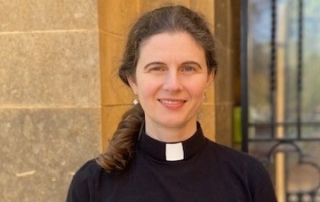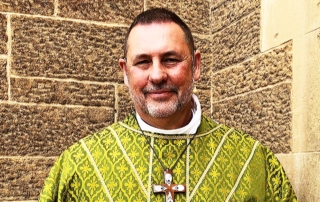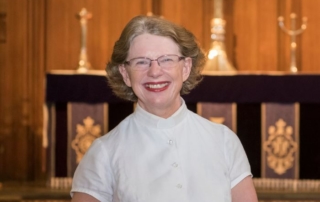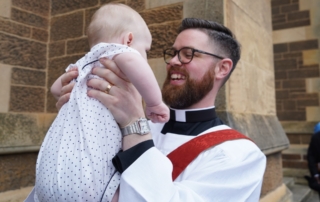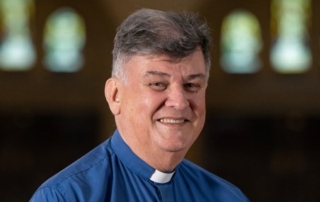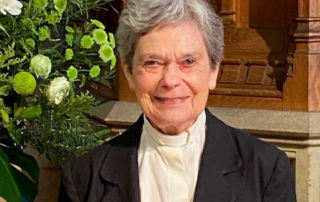Evensong – The 7th Sunday of Easter – 1 June 2025
The Revelation text leads us to pay attention God is gathering the faithful to bring us to the Holy City of God so we may live into the fullness of God. The Lord God that created us from the beginning, the God we hear in the psalm today and the God who saved Paul and Silas from their chains in prison. This is the same God who leads us to drink of the water of life.

